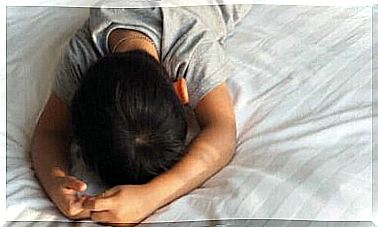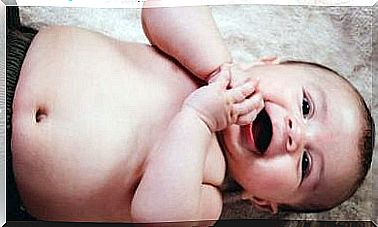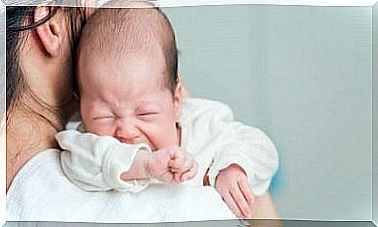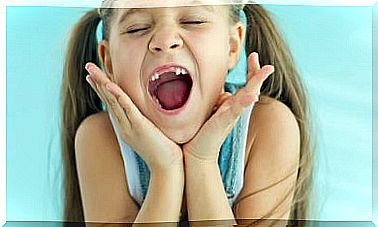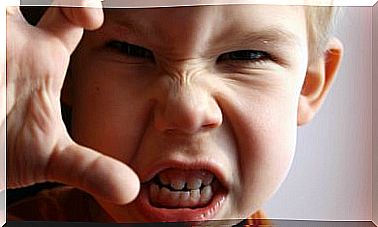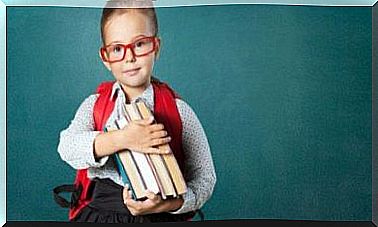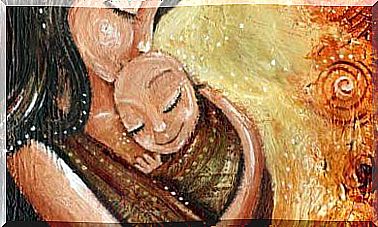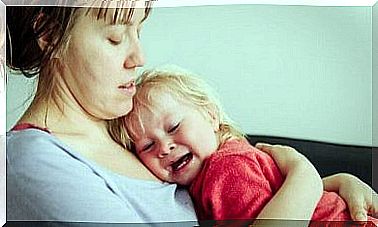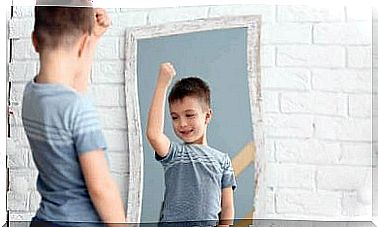Help Your Child Overcome Childhood Fears
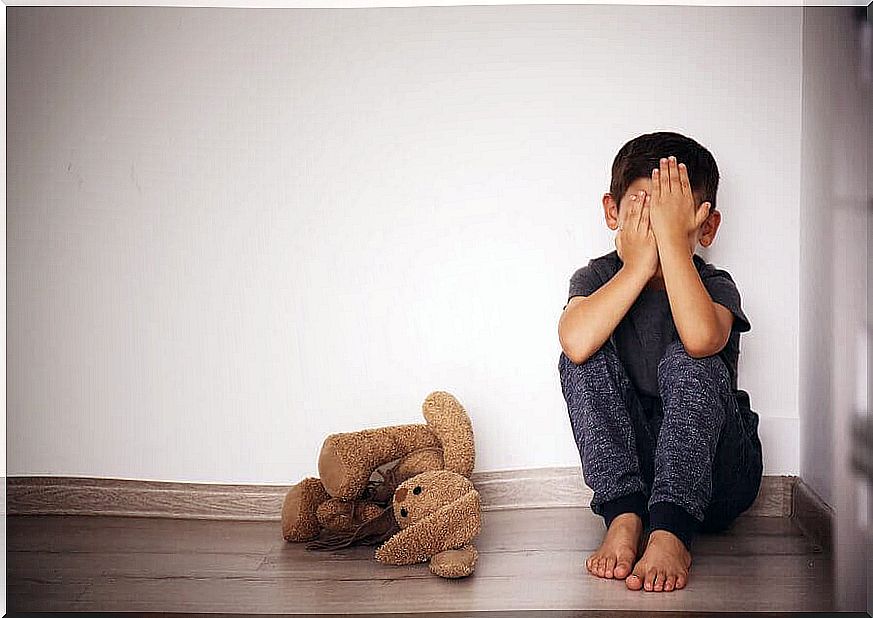
Fear, anxiety and phobias. These are all normal emotions in childhood as long as they remain within certain limits and parameters. However, fear in childhood can also become a real, mental problem. If so, children may need professional help.
The importance of understanding fear in childhood
During several stages of childhood development, it is common for children to experience fear. These fears are part of their growth, and belong to a concrete stage of development. These fears include things such as being afraid of the dark, strangers or being alone.
Fear is a natural reaction among living beings and its purpose is to protect us from dangers. This includes both immediate dangers and potential dangers that put our survival at risk.
Most fears that children experience are common. They tend to be temporary and they vary in intensity, depending on the stage of development of the child.
Fear in childhood according to age
Fear of childhood can vary, depending on the age of the child. During the first years of life, these fears are, as a rule, associated with loud noises, unknown people and being separated from his parents.
As children reach kindergarten age, these fears become more apparent. Children at this age have a more developed imagination and their fears become more abstract. For example, they start to get scared of ghosts, witches, etc.
In primary school – from around the age of 7-11 – common fears are more connected to reality. Children may be afraid of physical harm, illness, doctor visits, etc. For example, a child may also be afraid that the parents will be divorced, or not fit in socially.
During the time just before puberty, the fears above begin to disappear. Through this new stage, fear, related to school, begins to become more and more dominant. For example, pre-teens fear rejection of their peers, lack of recognition from their parents, poor grades, and poor school performance.
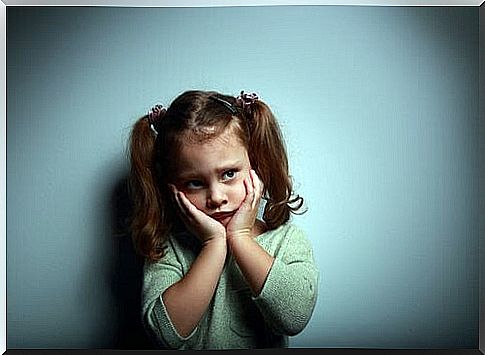
When fear in childhood turns into phobias
Fear in childhood is not the same as phobias. Therefore, it is important that parents pay attention. There are some symptoms that may indicate that a child is suffering from a phobia. If so, it is important that you help your child get the help he or she needs.
The term “phobia” refers to a constant, excessive and irrational fear. People can experience phobias towards both situations or objects.
When it comes to fear, children will try to protect themselves from perceived danger. When faced with a phobia, the irrational fear will be uncontrollable. Phobias restrict children and they can even be paralyzing.
It can be difficult to identify the difference between a fear and a phobia. Usually, phobias will present themselves in a form of emotion that arises from anxiety. This feeling occurs when the child is faced with certain situations or specific objects.
It is important to keep in mind that there are three types of phobias. The difference between each category has to do with the trigger behind each phobia:
- Generalized: The child may experience fear and anxiety in varying situations.
- Specific: Specific phobias refer to the fear of situations involving animals or insects. They also include fears that have to do with natural environments, such as climatic conditions, medical interventions, and so on.
- Social: In these cases, social situations can create anxiety or great discomfort in children. For example, a child may feel anxious when he or she is in large gatherings, or when he or she interacts with strangers, etc.
How to help your child overcome fear
It is extremely important that parents accompany their children, and help them overcome their fears in childhood. Failing this can have consequences, even in adulthood. These consequences include a greater risk of suffering from general anxiety in the face of various challenges and situations.
To be sure, it is best to seek help, to deal with the problem. A professional will recommend an appropriate treatment plan that can ease your child’s fears.
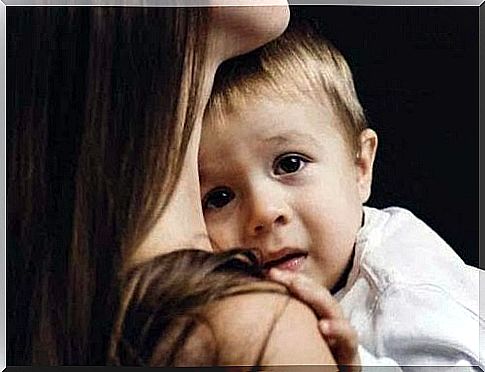
There are several guidelines that parents need to keep in mind to help their children at home:
- Identify the situations or objects that create fear.
- Communicate actively with your child. Listen to your child and give support.
- Give your child confidence and security so that he or she can help him or her overcome fears and situations that can create frustrations.
- Teach your child methods to control anxiety, and give your child the tools to overcome unpleasant situations. For example, if your child is afraid of the dark, you can give him or her a stuffed animal that will make him or her feel safe.
- Be a good example and give your child a positive perspective on problems. Teach your child to find possible solutions, treat it as a normal part of life.
In conclusion, it is not just possible to help your child work through his or her fears. It is also extremely beneficial.
However, parents should not worry excessively about their child’s fears as long as they do not develop into something more serious.
